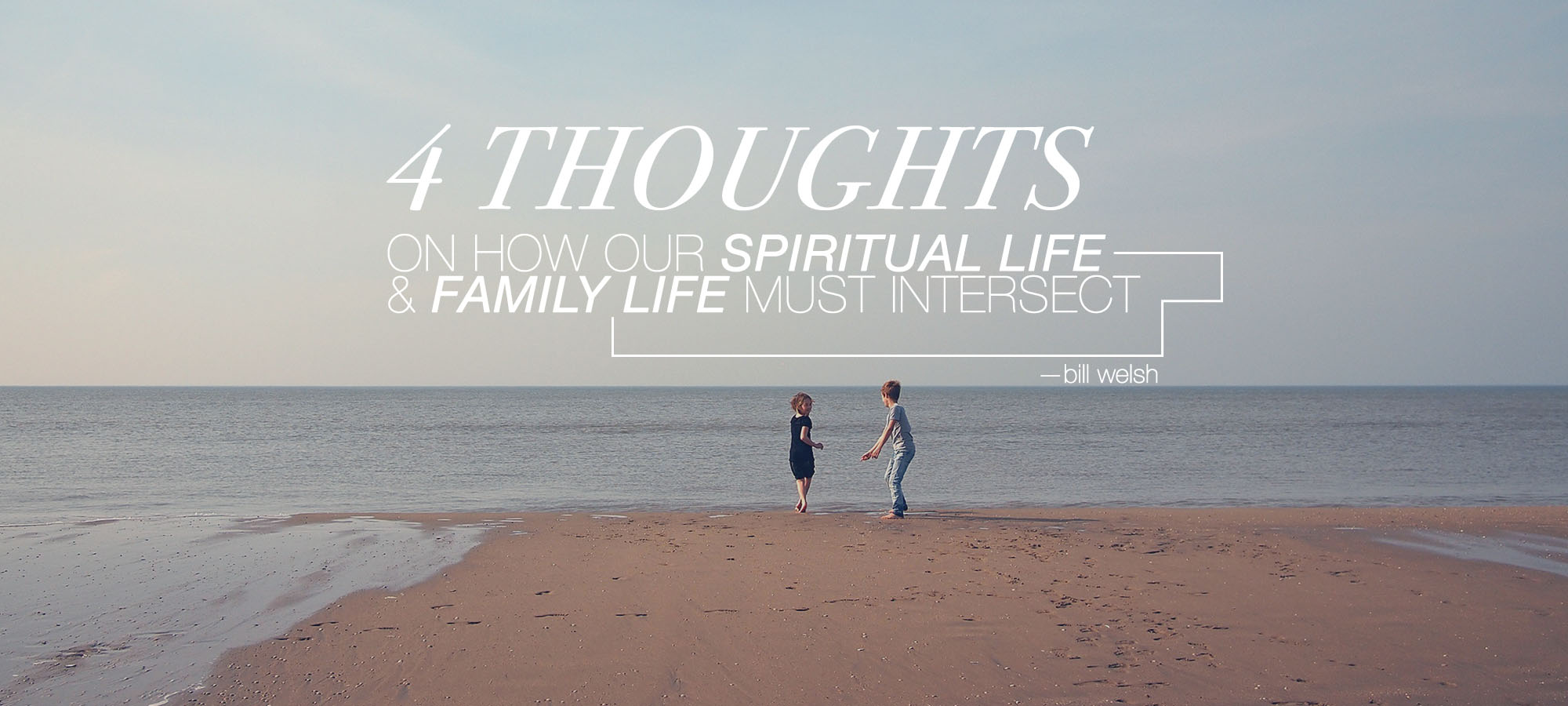
“Unless the Lord builds the house, they labor in vain who build” (Psalm 127:1).
“The wise man built his house upon the rock, and the rain came tumbling down” (Sunday school song).
We’ve reached the middle of our journey through the Songs of Ascents. Psalm 127 could even be called the “balancing point” because it’s here that the theme of our progress with God circles back to the place from which we started: home. Remember, travelers came from every point of the compass with tremendous anticipation to celebrate their faith. I can imagine the neighborly conversations as the day of departure to Jerusalem drew near:
“Shalom, Yoel! Only five more days until we leave for Jerusalem.”
“Amen, Avi my friend! I’m so ready to lay down these tools for a while and to be in the House of the Lord again.”
You see, along with the beauty of these festivals, it was also time to get away from the routine of their various careers. And even though only adult males were required to attend these yearly celebrations, there were also entire families traveling to Jerusalem together. These holy convocations were a type of a spiritually focused vacation, with the focal point being corporate worship and thanksgiving. But once the colorful, vibrant holy days were concluded, everyone returned to their farm or village to carry on life as followers and lovers of Yahweh. In other words, they had to take their faith home. What a wise decision to place this family psalm right in the middle of this collection of songs.
Psalm 127 (as well as 128) reminds believers of Yahweh and Yeshua (Jesus) that we dare not call ourselves “followers” of God unless we live out that faith in the context of our family circle, beginning with allowing God to be the builder and keeper of our homes.
King Solomon made several important observations here that are helpful for those seeking family stability. Read Psalm 127 slowly. Solomon knew something about family foundations, not that he always applied his own wisdom. Remember, he grew up in a home that was by definition dysfunctional. His own family failures are legendary. Perhaps Solomon was single when he wrote this Psalm or married with children or possibly looked back with regret, as I have, wishing he’d done a better job as a man of God at home. Whatever the case, there’s good advice here.
Consider these four thoughts on how our spiritual life and family life must intersect.
1. The only home, or city, that stands is the one God builds.
God is the architect and builder as well as the guardian. God has blueprints for your home. Have you asked Him to be the builder of your tribe?
2. God is always in giving mode.
Let it put your mind at ease that God is actively and always planning ways to bless you with resources you’ll need to serve Him. He gives to us even while we sleep. That doesn’t mean we look at God like our butler. He calls us to labor with Him, remembering He is the “senior partner” in this operation.
3. One of God’s greatest gifts to us is children.
God is the one who gave Joy and me four remarkable children, and we humbly recognize how greatly God has blessed us with these gifts that, “… came down from the Father of lights.”
4. We don’t get to keep our children in our “quiver” forever.
Solomon said children are “like arrows,” and arrows are designed to fly. The gift of children comes with a countdown timer. One day, we have to let them “fly away,” and every parent hopes that on that day their children will fly straight. This is all about what we call discipleship. It’s about training up a child to walk, soar, fly, or given the context of our “Songs of Ascents,” to progress or ascend to the place of fellowship with and service to God.
Of course, children don’t raise themselves. They are dependent on parents for food, shelter, protection and instruction; and when it comes to mentoring, the most effective method is example, along with gracious and honest exhortation. What they see in us is every bit as important as what they hear from us. So, if I want my children to fly straight, then I need to let them catch me flying straight. If I want them to love God and people, I need to show them what that looks like in real time. If I want them to be morally clean and rise above the dangerous depravity of our culture, I must do the same. By God’s grace, I need to live my “church life” at home. Why is this family song found in the middle of this ancient worship set? Because life is relational, it’s about family. We begin life in a family. We go out to work, school or church and come home to family.
There is no place more important to live out the principles of our faith than within the relational boundaries of our home. When Sunday services conclude, let’s take our faith home. May the God we praise on Sunday morning be the God we turn to on Monday morning in the heat of trials and concerns. Jesus said, “Anyone who listens to my teaching and follows it is wise, like a person who builds on solid rock” (Matthew 7:24). He then promises that, in spite of rising floods and wild hurricanes, that house will stand.
The “Pilgrim life” goes beyond our attendance at wonderful Christian concerts and weekend retreats. Is God the builder of your family? Are things falling to pieces as you insist on being the general contractor of your home? Admit that you can’t do the job on your own. Turn the renovation over to Master Builder Jesus Christ and turn your heart toward home.






